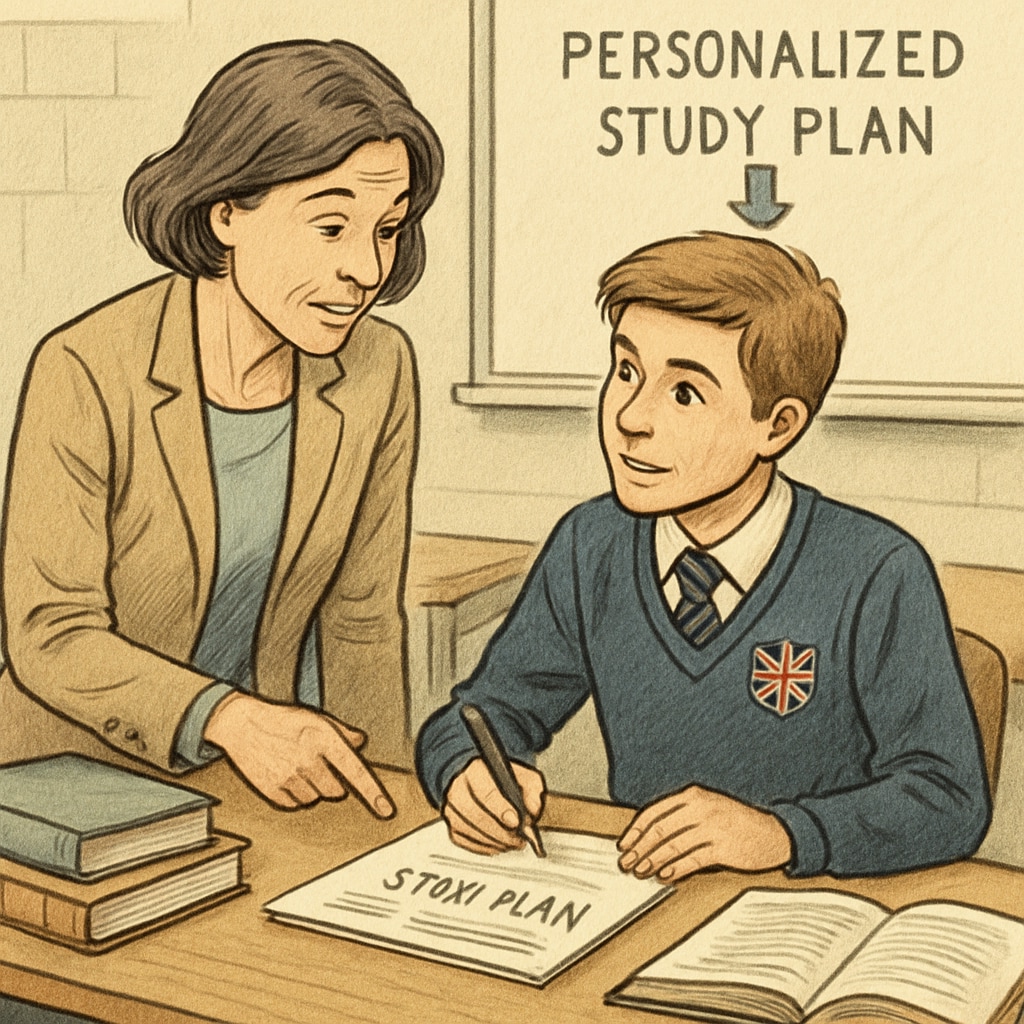Experiencing disruptions in education can be challenging, but the UK offers numerous ways to get back on track. Whether due to personal circumstances, health issues, or other external factors, academic interruptions need not become permanent barriers. This article provides a comprehensive guide for young learners to navigate their way back into the education system, utilizing resources and tailored strategies.
Identifying the Reasons Behind Academic Interruptions
Understanding the root cause of an academic break is the first step toward recovery. Common reasons include mental health challenges, financial difficulties, family responsibilities, or sudden relocations. Identifying these factors helps in creating a personalized action plan for returning to education.
For instance, students facing mental health issues may benefit from counseling services available at schools or through organizations such as Childline. Similarly, those encountering financial constraints can explore bursaries, grants, or scholarships offered by the UK government and private institutions.

Utilizing the UK Education System’s Support Structures
The UK’s education system is designed to accommodate diverse learning needs, making it easier for students to re-engage with their studies. Here are several options:
- Further Education Colleges: These institutions provide vocational and academic courses, offering flexibility in terms of scheduling and entry requirements.
- Open University: Known for its distance learning programs, the Open University enables students to study at their own pace.
- Apprenticeships: Combining work and study, apprenticeships are ideal for those looking to gain practical experience alongside academic qualifications.
In addition, organizations like National Careers Service offer guidance to align educational goals with career aspirations.
Strategies for a Smooth Transition Back to Studies
Returning to education after a break can be daunting. Here are some strategies to ease the transition:
- Create a Study Plan: Set realistic goals and establish a routine that balances academic and personal responsibilities.
- Seek Support Networks: Engage with peers, mentors, or support groups to share experiences and gain motivation.
- Utilize Online Resources: Platforms like FutureLearn and Khan Academy offer free courses that can help bridge knowledge gaps.
Moreover, it’s crucial to celebrate small achievements along the way, as they build confidence and momentum.

Building Resilience for Long-Term Success
Overcoming academic interruptions is not just about resuming studies; it’s about building resilience for future challenges. Developing time management skills, practicing mindfulness, and maintaining a growth mindset are essential components of long-term success.
In addition, taking advantage of community resources such as libraries, youth centers, and local workshops can provide both academic and emotional support.
Remember, the journey back to education is unique for everyone. With determination and the right resources, young learners in the UK can transform their setbacks into stepping stones for a brighter future.
Readability guidance: This article uses clear transitions, balanced paragraphs, and actionable advice to ensure accessibility for readers. Lists and short sentences improve comprehension, while external links provide credible sources for further learning.


